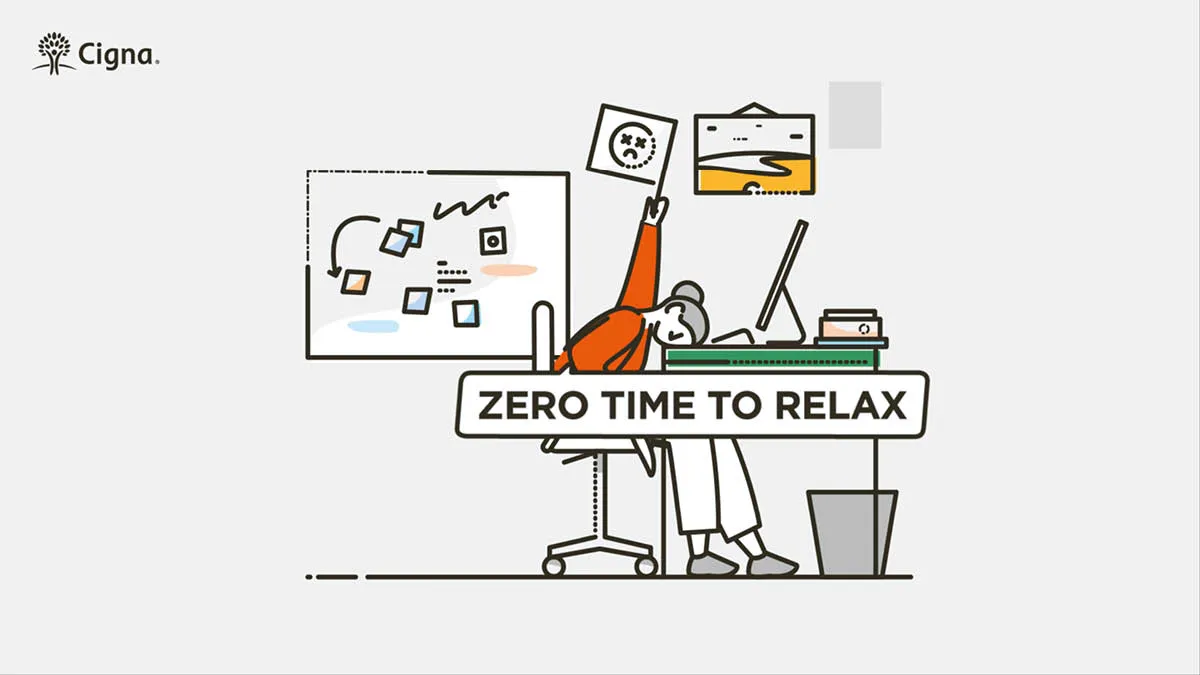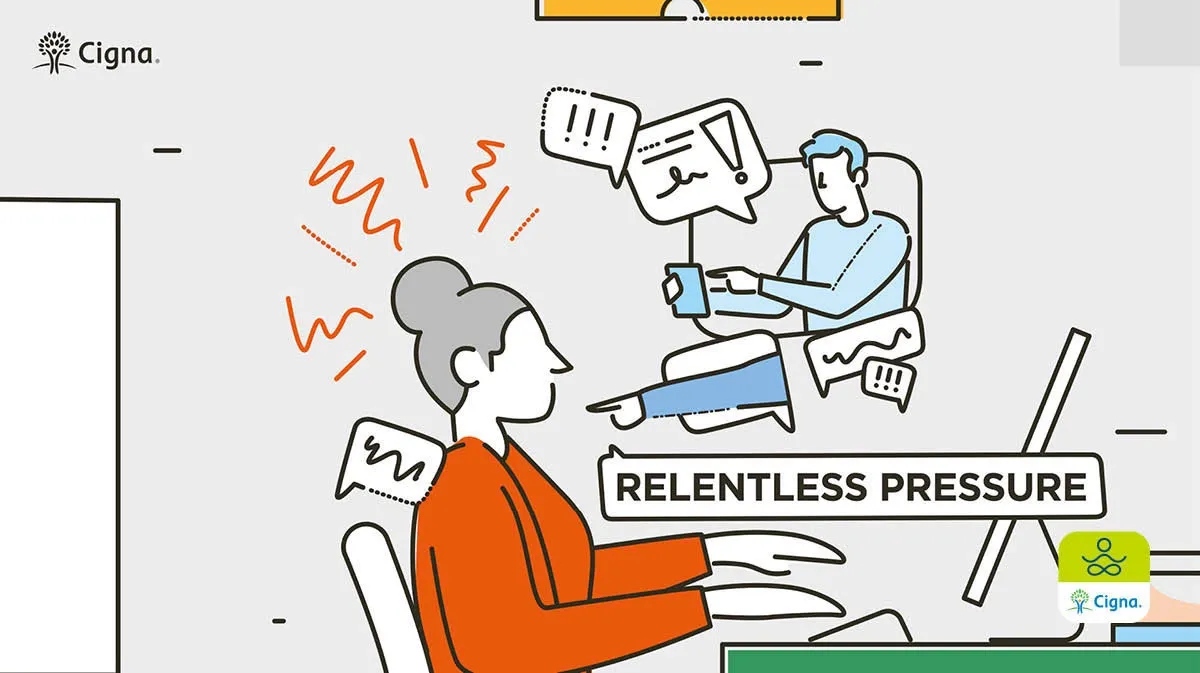- For Providers
- For Brokers
Individuals & Families
- Global Individual Health
- Spanish Domestic Individuals
Employers
- SME Employer Health
- Large Corporation Health
- Spanish Domestic Employers
IGO/NGO
- IGO/NGO Health
Individuals & Families
Top Destinations We Cover
Expat Health Insurance
- Inside Expat Health Hub
- Retiree guide to International health Insurance
- A guide to International health Insurance for working abroad
- Expat Health Insurance Explained
- Student guide to International health Insurance
- Moving abroad while pregnant
Choosing Health Insurance
- Travel Insurance vs International Health Insurance
- Choosing Health Insurance
Country Guides
- Country Guides
FAQ
- Frequently Asked Questions
Employers
Global Health Benefits Europe
- Employers Health Plans
- Cigna Inspire Plan
2 - 149 Employees
- International Health Plans
Large Corporates
- Corporate Health Plans
Global Health Benefits North America
- Employers
- OCONUS
- Students and Faculty
- Government
Clinical
Member resources
- Useful Documents & Information
- U.S Prescription Drug List
Client
- Employer Log In
IGO/NGO & Government
Government Officials
- Government Officials
Client
- Employer Log In
Topics
Individuals & Families
-
Types of Cover
-
Where We Cover
-
Resources
- Inside Expat Health Hub
- Retiree guide to International health Insurance
- A guide to International health Insurance for working abroad
- Expat Health Insurance Explained
- Student guide to International health Insurance
- Moving abroad while pregnant
- Travel Insurance vs International Health Insurance
- Choosing Health Insurance
- Country Guides
- Frequently Asked Questions
-
For Members
Employers
-
Our Plans
-
Clinical
-
For Members
IGO/NGO & Government
Health Blog
For Brokers
How work stress affects your health
How work stress affects your health
Work stress can have a big impact on your mind and body. We look at ways to improve your well-being.
Work can be stressful enough, before you take into consideration the impact of the recent pandemic. But what does being stressed mean for your mind and body? And, more importantly, what can you do to reduce your stress levels and improve your well-being?

Workforce stress is a big problem for any business. And there’s been a lot to be worried about in recent times. As our recent 360 Global Well-Being Survey revealed, 32% of the workforce are worried about personal finance, 40% are anxious due to uncertainty in their future and 24% are stressed because of family finance. The changes around us have certainly challenged workforce well-being.
Everyday workforce worries
There aren’t many working environments that haven’t been affected by the recent pandemic. Workers in offices, warehouses, hospitals and shops have all had to deal with the pressure of longer shifts, fewer colleagues on those shifts and the added pressure to meet targets. However, even without a pandemic to contend with, the workplace is often the cause of a huge amount of stress. A workload that feels unmanageable; deadlines; long working hours; unease with the methods of management – there are many scenarios that can lead us to feel stressed at work.
Some of them could be down to a simple lack of clarity, such as misunderstanding your role or the tasks you have to complete. Others are down to a professional mismatch: does your job even reflect what you are good at?

The impact
If any of this sounds familiar, then you may also know what this kind of stress can do to your mind and body. When you get those feelings of anxiety and depression, loneliness or a lack of confidence, not to mention mood swings and being short-tempered, the damage it can do to you mentally is significant, but it can also manifest in physical symptoms.
These vary from a lack of energy and exhaustion to stomach aches, chest pains, headaches and nausea. Other knock-on impacts include weight gain – which comes with its own health issues – and even a decreased libido.
What you can do
So, if you recognise any of the above, then you need to take action.
The first thing is communication. Do your problems stem from your relationship with your colleagues, your manager, a mixture of both? Take the time to build your relationship with them, asking questions and sharing your concerns to see how the situation can be improved.
Prioritise your workload. Are you managing your time in the best possible way? Can certain jobs be delegated? If you simply don’t have enough hours in the day, then, again, make time to discuss this with your manager.
Take a break. At times, our work can be so overwhelming, we almost grind to a halt. If that’s happening, take a break – a short stroll to a coffee shop or even just to the kitchen to make a drink. It’ll give your mind a chance to reset and focus more clearly on the task at hand.
Keep a healthy work-life balance – ensuring you still find time for friends and family is essential to mental well-being. And, as they’re likely to be removed from your work situation, they can also help you with painting a true picture of your working environment.
Needless to say, reducing stress is also helped when you do the basics right in your daily routine: eating healthily, exercising and ensuring you get enough sleep.
Have a question? We’re here to help.
If you need expat health insurance alongside your travel insurance, we have options to suit your needs and budget.
Related articles
@Cigna 2025
This article serves only as a reference and is intended for informational purposes only. Nothing in this article constitutes legal, tax, financial planning, health or medical advice including diagnosis or treatment. Any reference to products or services offered by Cigna are available except where prohibited by applicable law and subject to terms and conditions. Cigna have no involvement in, nor are we liable for, any decisions and/or outcomes that are made or determined by FocusPoint International.
Contact Us
Whether you wish to speak to our sales team or get general help if you are already a Cigna Healthcare® member, we’ll get you to the right information.
Contact InformationPopular Links
Resources
© Cigna Healthcare. All rights reserved.
*Please note, this is a representation of the benefits available and does not contain the terms, conditions, and exclusions specific to each benefit. The benefits may be subject to change. Some benefits may be part of an optional module. Please see the Customer Guide for full details.
This website is provided by Cigna European Services (UK) Limited, a company incorporated in England and Wales having its registered address at 13th Floor, 5 Aldermanbury Square, London EC2V 7HR and registered number 00199739. The Cigna Healthcare name, logo and other Cigna Healthcare marks are owned by Cigna Intellectual Property, Inc., licensed for use by The Cigna Group and its operating subsidiaries.
Our Policies are underwritten by Cigna Global Insurance Company Limited, a private limited company under Guernsey Law, with registered address office at PO Box 155, Mill Court, La Charroterie, St Peter Port, Guernsey, GY1 4ET, and company number 41925. Cigna Global Insurance Company Limited is authorised and regulated by the Guernsey Financial Services Commission for the conduct of insurance business in Guernsey.
This communication is being issued and/or distributed by Cigna Insurance Management Services (DIFC) Limited which is regulated by the Dubai Financial Services Authority.
Selecting these links will take you away from Cignaglobal.com. Cigna Healthcare does not control the linked sites' content or links.

